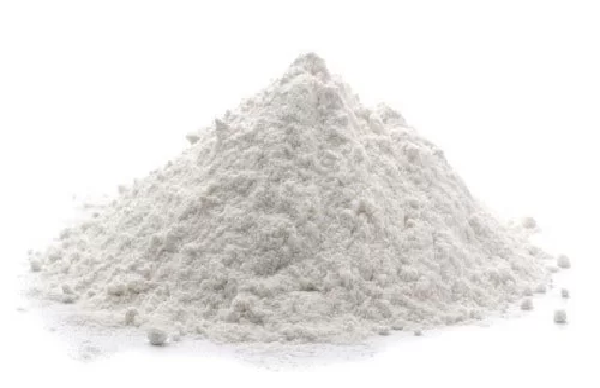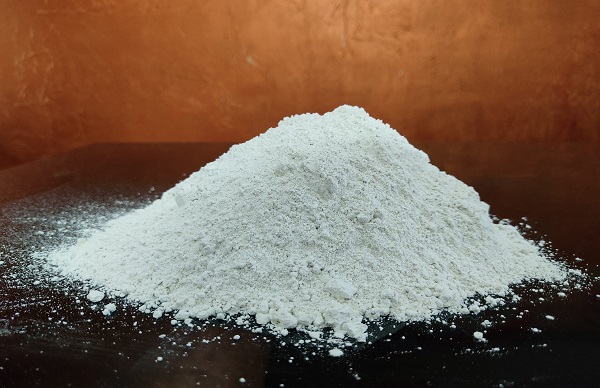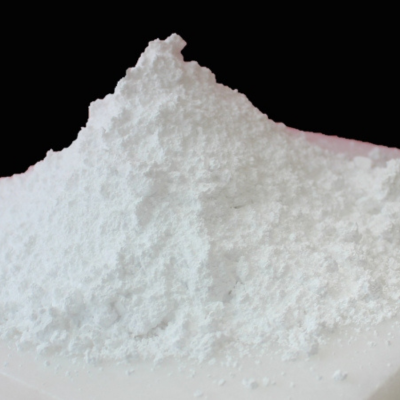
What is Calcium Carbonate good for
October 10, 2024
What is dolomite powder
October 10, 2024Understanding Dolomite
Dolomite is a natural stone which has specific properties which enable it to be used in different sectors. Dolomite is defined as a mineral consisting of calcium magnesium carbonate or more chemically CaMg(CO3)2. Dolomite is formed in a sedimentary environment where calcium rich fluid and mineral engages with magnesium bearing fluid and mineral over time.
This blog will define dolomite, describe its properties, how it forms, and the many uses it has. This article will help you understand what dolomite is whether you are contemplating the manufacturing sector, agricultural sector, or construction industry.
Formation of Dolomite
Dolomite is formed by the interaction of calcium carbonate, a type of limestone – a sedimentary rock, with water containing magnesium ions. Dolomite rock is formed when magnesium has slowly intercalated some of the calcium in the limestone. This process we call dolomitization. It is a more resistant rock than the pure limestone because it is a result of weathering and erosion in many applications.
Its color ranges from white to gray, pink, green and is often characterized by a crystalline structure. It is mostly located where there is a buildup of limestone rock formations.
An Overview of Dolomite: Physical and Chemical Characteristics
- Chemical Composition: Dolomites consist chiefly of calcium magnesium carbonate. Its unique chemical properties make it suitable for usage in many sectors.
- Hardness: Dolomite occurs with a hardness of 3.5-4 on the Mohs scale which is softer than quartz but harder than pure limestone.
- Luster and Color: The Luster of Dolomite is vitreous to pearly in appearance. Its color is usually colorless or white, gray or pink, depending on the degree of contamination with iron, manganese or other elements.
- Reaction to Acid: Whereas limestone quickly effervesces with hydrochloric acid, dolomite does so at a much slower rate because of its magnesium composition. This is a significant pointer when comparing the two stones since they in most cases look alike.
Dolomite in Different Sectors
Dolomite is used in many industries because of its physical and chemical characteristics. Here are some of its most common applications:
1. Construction Sector
Dolomite is an important input that enhances the strength and quality of construction materials when used in cement and tarmac concrete. It is also used in the cement manufacturing industry. Dolomite is very useful for the construction of roads, bridges and other structures since it is not easily decomposed by weathering and can handle pressure.
2. Agricultural
Dolomite is commonly known for its agricultural uses particularly in the areas of fertilizer and conditioner. It is rich in magnesium which helps in promoting good plant growth in acidic soils. Dolomite is useful to farmers to improve the structure of soils and provide calcium and magnesium that are important for crop growth.
3. Glass Production
Dolomite is used in the glass industry to supply calcium and magnesium for the manufacturing process of glass. It enhances the chemical stability of glass and the mechanical and environmental load-carrying capacity of glass.
4. Production of Iron and Steel
In the metallurgical industry, it also plays an essential role especially in the production of iron and steel. It acts as a flux and helps in the extraction of phosphorus and silica from the ore. Also, it protects the furnace linings from high temperatures in the course of using it as well.
5. Purification of Water
At water treatment plants, dolomite can help with the regulation of pH levels and control of acidic water. Due to its ability to filter out any form of impurities, it is an essential compound towards the realization of safe and clean drinking water.
Applications in the Treatment of the Environment and in Aesthetics
Another important use of dolomite is in construction and gardening because of its appearance. Dolomite chips provide a sleek look to the surfaces and are commonly utilized for construction purposes, concreting, pathways and decorative landscaping. Also, polished dolomite is sometimes used as ornamental stone in the construction of houses and other buildings.
Conclusion
For centuries now, many different companies have incorporated the highly versatile mineral known as dolomite into their operations. Its specific chemical and physical characteristics enable the product to be used in a wide range of industries including water treatment and irrigation, metallurgy and construction.



